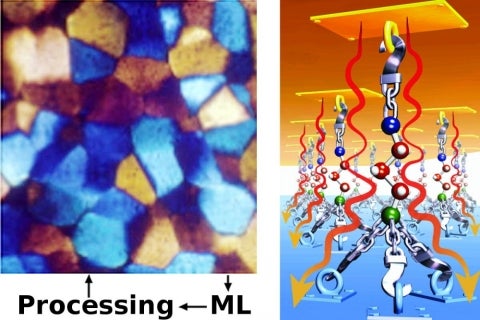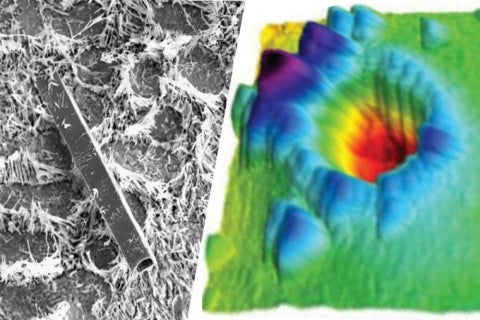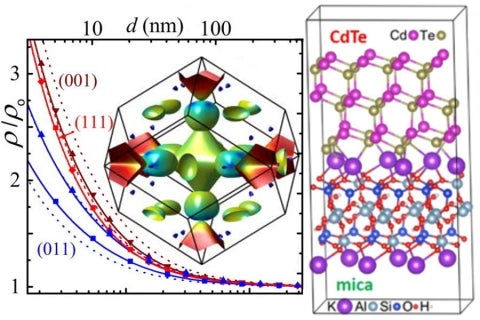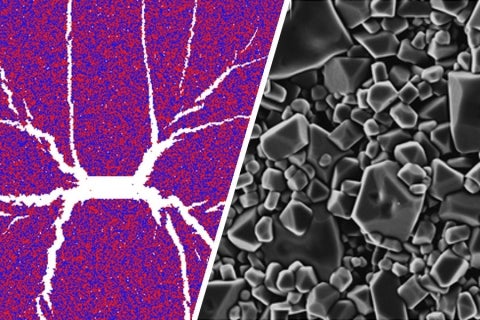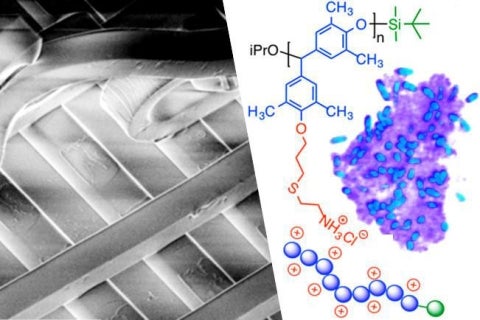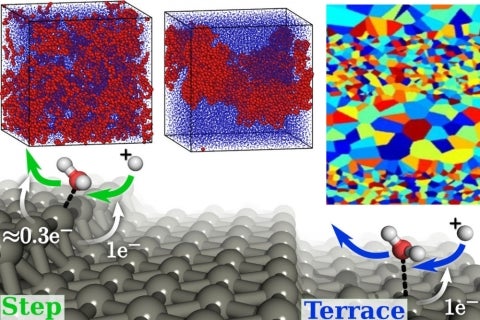There has never been a more exciting time to obtain a graduate degree in Materials Science and Engineering. Breakthroughs in materials research are creating new technological opportunities in sectors spanning aerospace, biomedical, chemical, electronics and energy. We provide graduate students unique opportunities for one-on-one interaction with faculty members at the forefront of their fields and synergistic transdisciplinary interactions with each other as they engage in ground-breaking research.

